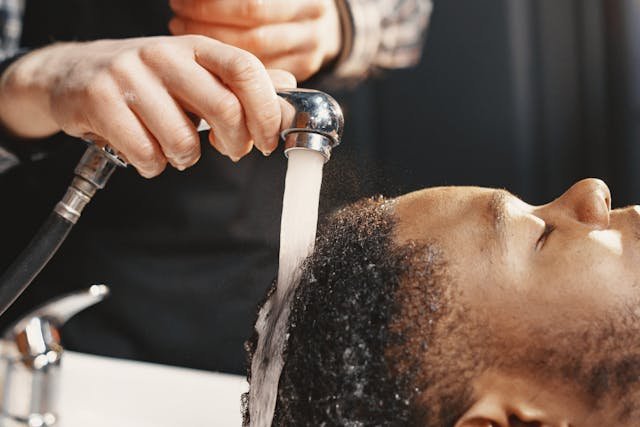Hair transplant procedures are gaining popularity as a permanent solution to hair loss. However, the recovery process plays a crucial role in achieving successful results. By implementing conscious hair care practices and following aftercare instructions, the recovery period can become a holistic wellness experience. In this article, we will explore the importance of post-transplant care, the role of professional hair transplant clinics, and how integrating wellness practices can improve hair and mental health outcomes.
Post-transplant care is essential for the survival and growth of transplanted hair follicles. After the procedure, the scalp may be tender, sore, and scabby. Following the aftercare instructions provided by your surgeon, including proper scalp washing, medication usage, and activity restrictions, is crucial to prevent complications such as infections or folliculitis.
In addition to medical care, incorporating mindfulness practices into your recovery journey can promote healing and support overall well-being. Stress management techniques like meditation, yoga, and deep breathing exercises can reduce cortisol levels and aid in relaxation. Gentle scalp massages, when approved by your doctor, can improve blood circulation to the transplanted follicles and nourish them with essential nutrients.
Choosing a reputable hair transplant clinic is vital for a successful outcome. Look for clinics with experienced surgeons, personalized consultations, extensive aftercare support, advanced technology, and a patient-oriented approach. Researching clinic reviews, certifications, and pricing transparency can help you make an informed decision.
Integrating wellness practices into your recovery regimen, such as maintaining a balanced diet rich in essential nutrients, getting sufficient rest, avoiding harmful habits like smoking and excessive drinking, and engaging in light exercise, can promote healing and support hair growth. Emotional well-being is also important during recovery, and techniques like gratitude journaling, connecting with others, and celebrating small victories can help alleviate anxiety and promote a positive mindset.
Conscious hair care is not just about regrowing hair; it’s about nurturing a healthier, more conscious version of yourself. By following professional aftercare advice, working with certified clinics, and incorporating mindfulness into your healing process, you can lay a solid foundation for healthy hair practices for life. Embracing a holistic approach to self-care can enhance resilience, confidence, and overall well-being, leading to a fuller, deeper, and richer life.
In conclusion, recovery after a hair transplant requires a combination of mindful practices and professional guidance. By caring for your scalp and nourishing your soul, you can not only achieve successful results but also embark on a journey towards a healthier and more conscious version of yourself.


